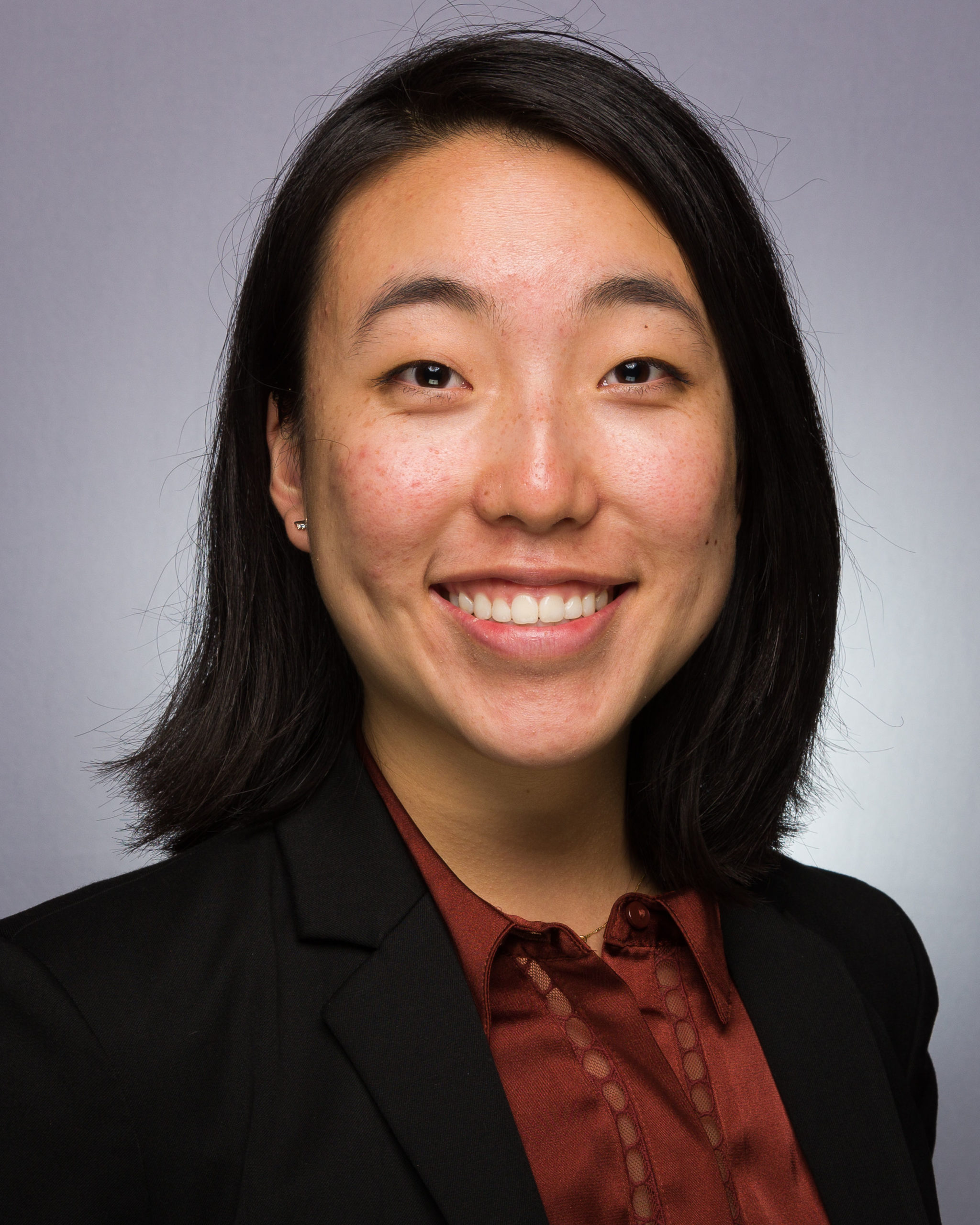
Michelle (Elle) Cai
3rd Year Undergraduate Student, Biomedical Engineering
College of Engineering
Being your best DEI self: Think of a time when you were at your best at advancing diversity, equity, and inclusion. What happened? Who was there? Why did you feel at your best?
In my freshman year, I had the opportunity to plan and host an original event as the Diversity, Equity, and Inclusion Intern for the Society of Women Engineers (SWE). I decided to host a life-sized board game event called “Game of Life”, where around 10 SWE member participants were the life-sized game pieces and participants. Certain players were given advantages and others were given disadvantages. At the end of the game, the players with the most advantages had unsurprisingly won. We discussed how people with advantages in terms of race, sexual orientation, gender, and more have a “leg up”. These differences in intersecting identities can impact lives and create a system of advantages and disadvantages. We also did an implicit bias test, where I read out a scenario involving a hypothetical physician and their child. Most participants automatically assumed that the doctor was a man.
While I was initially nervous about hosting the event, I soon realized that this group of SWE members was incredibly receptive to the tough concepts I was trying to explain. They were generous and frank during our discussion of the game, admitting when their own biases clouded their views. This event was when I was at my best advancing DEI because I was able to create a welcoming environment where members could challenge themselves, grow, and become more dedicated to diversity, equity, and inclusion.
Wishes for the future: How would you imagine your environment needing to be for you to feel that you don’t have to do DEI work anymore?
In the ideal environment, there would be not only equality (where everyone gets the same resources and opportunities) but also equity (where people are given different resources depending on their needs). This would acknowledge that people’s identities — their race, ability, socioeconomic status, etc. — play an important part in who they are and what opportunities they have. While we are making strides towards this, I do not believe we have reached that point yet.
In fact, I believe there is something that can always be improved in the realm of DEI. Simply because we focus on fixing one aspect of inequity — for example, increasing minority student retention rate at UM Engineering — does not mean the rest is solved. There are constantly places for improvement, and this gives us something to aspire to.
What does it mean to you to be a recipient of the MLK Spirit Awards?
Being a recipient of the MLK Spirit Award would mean that I am making a meaningful contribution to my community. Throughout my four years at the University of Michigan, I have aimed to foster the growth of young women in STEM through mentorship programs, high school shadow days, and K-12 STEM outreach events. I also volunteer with women of color and low-income women at a local women’s health clinic. Receiving the MLK Spirit Award would mean that the work I am doing matters.
It would also mean that I am progressing representation and elevating the visibility of marginalized communities that share my identities — people of color, women, and queer people. Being a member of these groups has allowed me to recognize my own biases and understand how they impact my everyday actions. They have also allowed me to be more tolerant of viewpoints that contrast my own. I truly believe that representation matters, and I am helping to contribute to this.
